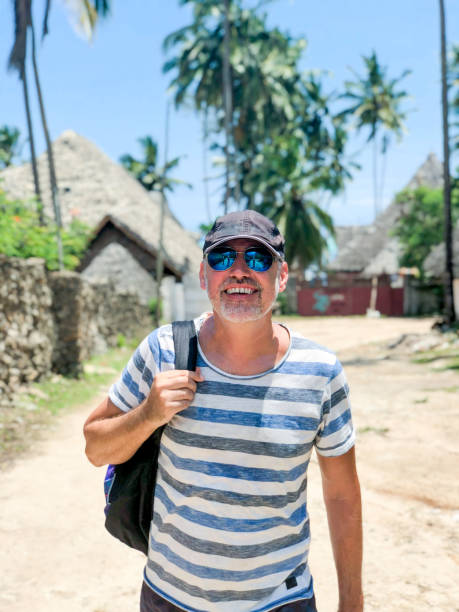Zanzibar International Film Festival (ZIFF)
East Africa’s Premier Film Celebration


Since 1997 Zanzibar has hosted ZIFF, the Festival of the Dhow Countries, an annual cinema gala linking Africa, the Arabian Peninsula, South Asia and the Indian Ocean islands.
Over 25 years it has grown into a cultural juggernaut, showcasing hundreds of African and international films. In fact, one official description calls ZIFF “one of the largest cultural events in East Africa”.
Each year the festival programs 100+ films from Africa, the Middle East, Asia, Europe and beyond, giving special attention to the African diaspora and its storytelling.
ZIFF is run by a Tanzanian NGO (established in 1997) to promote film and cultural industries for social and economic growth.
It now includes nine parallel programs (feature competition, documentary, children’s and women’s screenings, etc.) and side events (concerts, panels, an annual dhow-boat race, sports clinics and community outreach).
Over the 9-day festival Stone Town alone drew about 45,000 visitors (including 6,000 international tourists) in one recent edition, a testament to ZIFF’s mass appeal.
The festival literally takes over Zanzibar’s UNESCO-listed Stone Town each year, turning Old Fort amphitheaters and beachside parks into open-air movie houses.
In short, ZIFF has become East Africa’s must-see cultural fiesta – a place where film, music, dance and local heritage collide under the tropical stars.
ZIFF 2024: Global Stories on a Zanzibar Stage
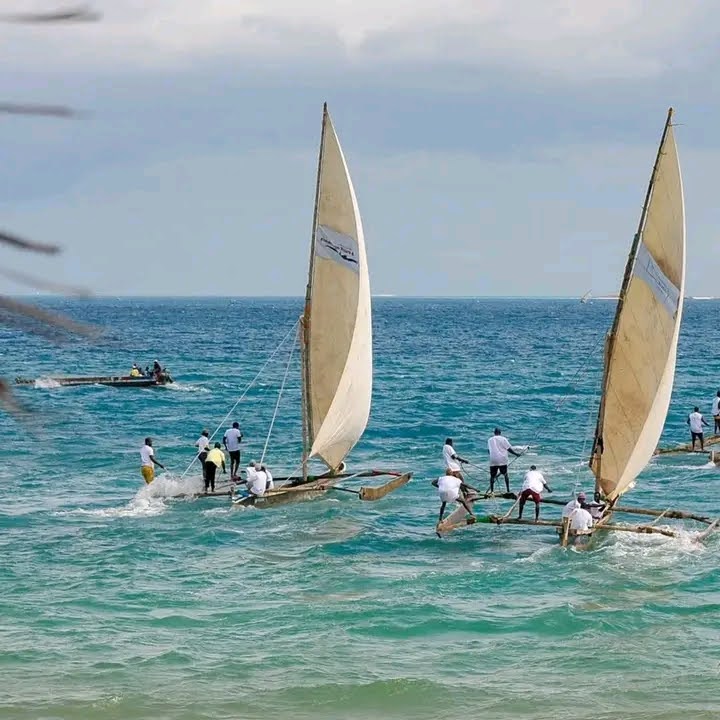
The 27th ZIFF (2024) ran August 1–4 in historic Stone Town.
Director Hatibu Madudu announced an exciting, pan-African lineup. The opening night featured Goodbye Julia (by Sudanese director Mohamed Kordofani) and Mvera (Kenya), spotlighting powerful storytelling from South Sudan and East Africa.
The rest of the four-day program mixed local and world cinema: classics like Russia’s Cruel Romance and regional entries like Zanzibar’s own Miza, plus international co-productions (House of Wonders from Germany/Oman).
All in all, about 60 films were selected from a record ~3,000 submissions. Many competition titles came from outside Tanzania (Iranian shorts, Nigerian dramas, Argentine documentaries, etc.), reflecting ZIFF’s global reach. “Films span continents and cultures – from Iran to Nigeria, India to Argentina,” Madudu noted, underscoring ZIFF’s worldliness.
Critics praised ZIFF 2024 as culturally vibrant. Organizers emphasized themes of “Rejuvenation”, showing fresh voices and stories of social change.
Local press also highlighted the festival’s impact: Madudu pointed out that ZIFF isn’t just about movies, but about “creating a cultural exchange” and boosting tourism.
Indeed, the crowd-filled screenings and night concerts had tourists and locals mingling with filmmakers.
One Swiss report noted that ZIFF transforms Stone Town each festival – “the historic Old Fort” and market square (Forodhani Gardens) become open-air theaters. Audiences flocked to these venues for nightly Galas and special screenings.
Zanzibar’s Old Fort amphitheater (Ngome Kongwe) comes alive at night during ZIFF, with packed audiences watching films under the stars. Such open-air screenings – free to the public – are a festival hallmark. (Daytime also brings food stalls, local performers and a miniature film market.)
Beyond nightly shows, ZIFF 2024 included daytime programs: workshops and panel talks on filmmaking, and special “Difficult Dialogue” sessions where attendees discuss social issues raised by the films.
European partners even ran a Youth Summit: 100 young filmmakers from 30 countries worked in teams to make short films during the week. In short, ZIFF 2024 was a whirlwind of screenings, discussions and cultural showcases – a “vibrant celebration of global cinema,” as one news site put it.
Spotlight on Talent
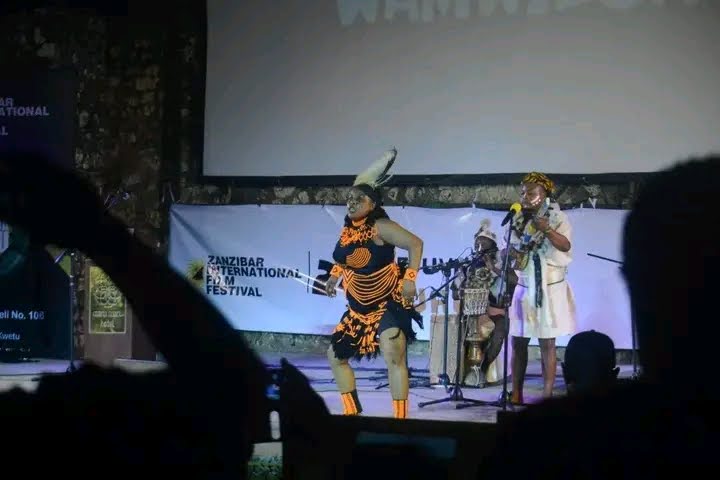
ZIFF’s lineup isn’t only about films – it also attracts filmmakers and stars.
In past years the festival has hosted international guests: directors and actors from Nigeria, South Africa, India and beyond have attended openings and panels. For example, acclaimed Indian-American director Mira Nair has appeared at ZIFF, highlighting its stature on the world stage.
Many African film figures come too: directors like Nigeria’s Biyi Bandele and South Africa’s Daryne Joshua have been on hand. These appearances turn ZIFF into a networking hub for East African cinema.
In fact, local outlets report that VIPs mingle freely with the crowd – it’s not unusual to spot an award-winning filmmaker alongside tourists at the Old Fort screenings.
This blend of local and global talent is part of ZIFF’s unique charm, confirming its role as a crossroads of cultures on the island of Zanzibar.
Cinema & Culture: Music, Dance and Community
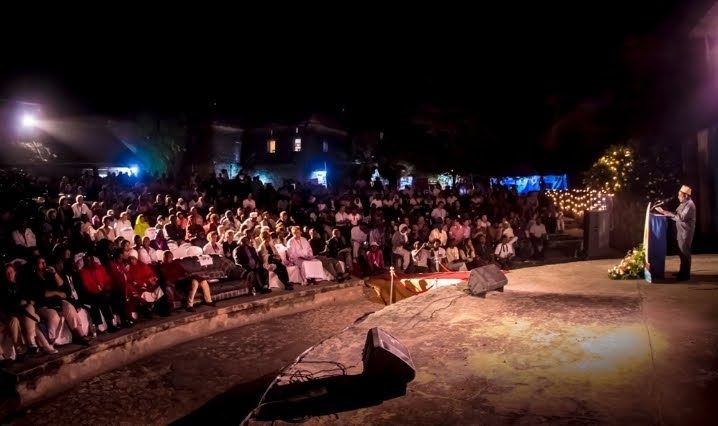
Each evening in Stone Town features live music and dance shows from Tanzanian and international artists. (ZIFF even coincides with Zanzibar’s famous Sauti za Busara music festival in some years, creating an extra buzz.)
By day, the festival reaches beyond the city. Its Village Panorama program takes mobile screenings and workshops to dozens of rural villages across Unguja and nearby Pemba, bringing cinema to schools and remote communities.
Workshops for women and children, plus sports events (beach soccer, art shows), engage locals year-round. Even the traditional Dhow boat race, a regatta of colorful sailing vessels, has become a festival highlight.
In short, ZIFF’s week in June/July turns all of Zanzibar into a living cinema set: film showings alternate with Swahili music concerts, spice-plant tours and late-night street markets. It’s a feast for all the senses.
Many events are free or open-air. Stone Town’s historic venues provide the setting – for example, the Old Fort and the nearby waterfront gardens host evening films under the stars.
Daytime “Forodhani” nights markets bustle with visitors sampling local street food between screenings. In interviews, festival organizers stress that ZIFF is a “celebration of thousands of years of communication” in the Indian Ocean region.
Indeed, through film, dance and music it highlights Zanzibar’s rich history as a meeting point of cultures.
This lively, multi-arts atmosphere is a big part of ZIFF’s appeal. Attendees often note that even non-movie events (live taarab music, storytelling sessions, craft bazaars) are a highlight, making the week feel more like a holiday than a standard festival.
Why Travelers Love ZIFF: Sun, Spices and Silver Screens
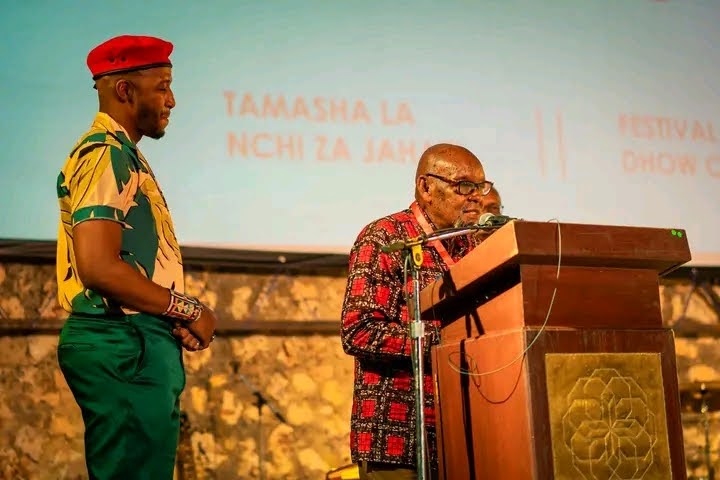
ZIFF is not only for cinephiles – travelers are drawn by its festive vibe and Zanzibar’s exotic charm.
The festival takes place in Stone Town, a UNESCO World Heritage city famed for its coral-stone architecture, narrow alleys and spice markets.
Visitors can combine screenings with sightseeing, touring old Arab merchant houses, visiting the spice plantations or relaxing on nearby beaches during the day. (Stone Town’s fusion of African, Arab and colonial influences is on full display during ZIFF’s street parties and cultural tours.) Importantly, most ZIFF events are accessible: many concerts and village screenings are free, so a tourist can wander in.
ZIFF also has become part of Zanzibar’s peak season.
According to official figures, around 6,000 international tourists now attend each year, drawn by the festival’s reputation.
Hotels and guesthouses in Stone Town book up fast during ZIFF week. Yet because the festival is well publicized, many travelers time their trips to coincide with it: tours like sunset cruises or spice farm visits often mention ZIFF on their calendars.
When & Where: Planning Your ZIFF Visit
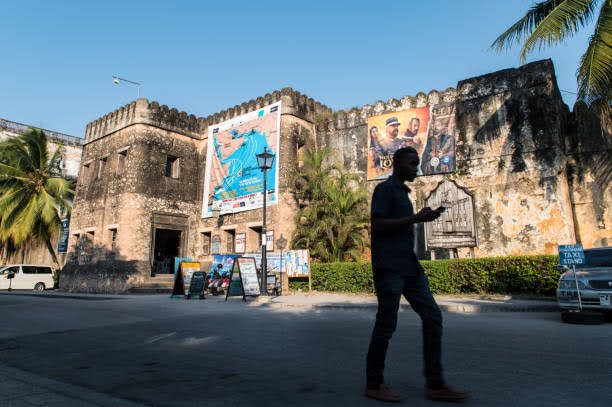
The Old Fort, Zanzibar
Most ZIFF venues are clustered in Stone Town, Zanzibar. The 2024 festival was held August 1–4, 2024; the 28th edition is scheduled for June 25–29, 2025.
Screenings and concerts take place in historic sites, notably the Old Fort amphitheater, and in public spaces like Forodhani Gardens.
Between films you can stroll Stone Town’s paved streets or dine at a beachside cafe. Many big events (especially outdoor music and village shows) are free or low-cost, but popular film screenings and workshops may require tickets or advance registration.
Check the official ZIFF website or Facebook page for schedules and pass information.
Travelers should book early: Stone Town’s dozen hotels and lodges (from luxury resorts to budget inns) fill up during festival week.
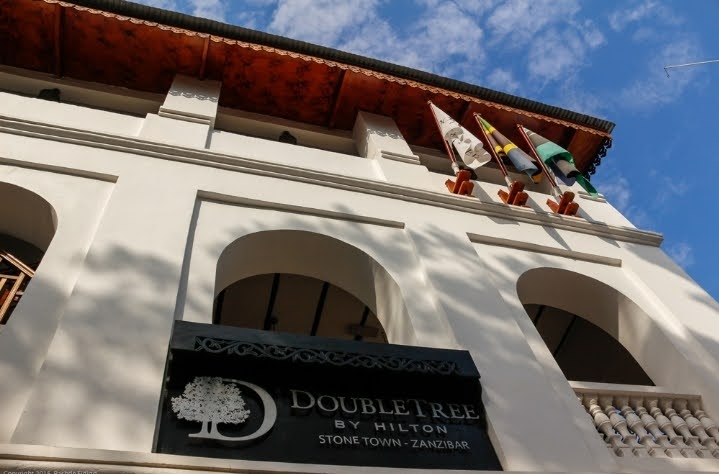
For example, the DoubleTree by Hilton (pictured above) and boutique guesthouses near the Old Fort are popular picks.
Zanzibar is easy to reach: frequent flights link Stone Town’s airport (Abeid Amani Karume) to Dar es Salaam and other cities, or you can take a ferry from Dar (2-hour crossing).
Once there, the Old Fort and Forodhani are within walking distance of most hotels. Locals and tourists alike head straight to Stone Town after ZIFF shows, so public transport and tuk-tuks can be busy at night.
In short, expect festive crowds and a friendly atmosphere. ZIFF’s official figures report about 45,000 attendees in Stone Town during the week, alongside tens of thousands more reached via media.
If you enjoy cinema, culture or just a good party, ZIFF week is the time to experience the “warm hospitability” of Zanzibar.
Pack both sunglasses and a light jacket (some screenings are in open courtyards after sundown), and leave room in your schedule – and luggage – for spice farm tours, dolphin-watching trips and all the glorious culture of Zanzibar.



